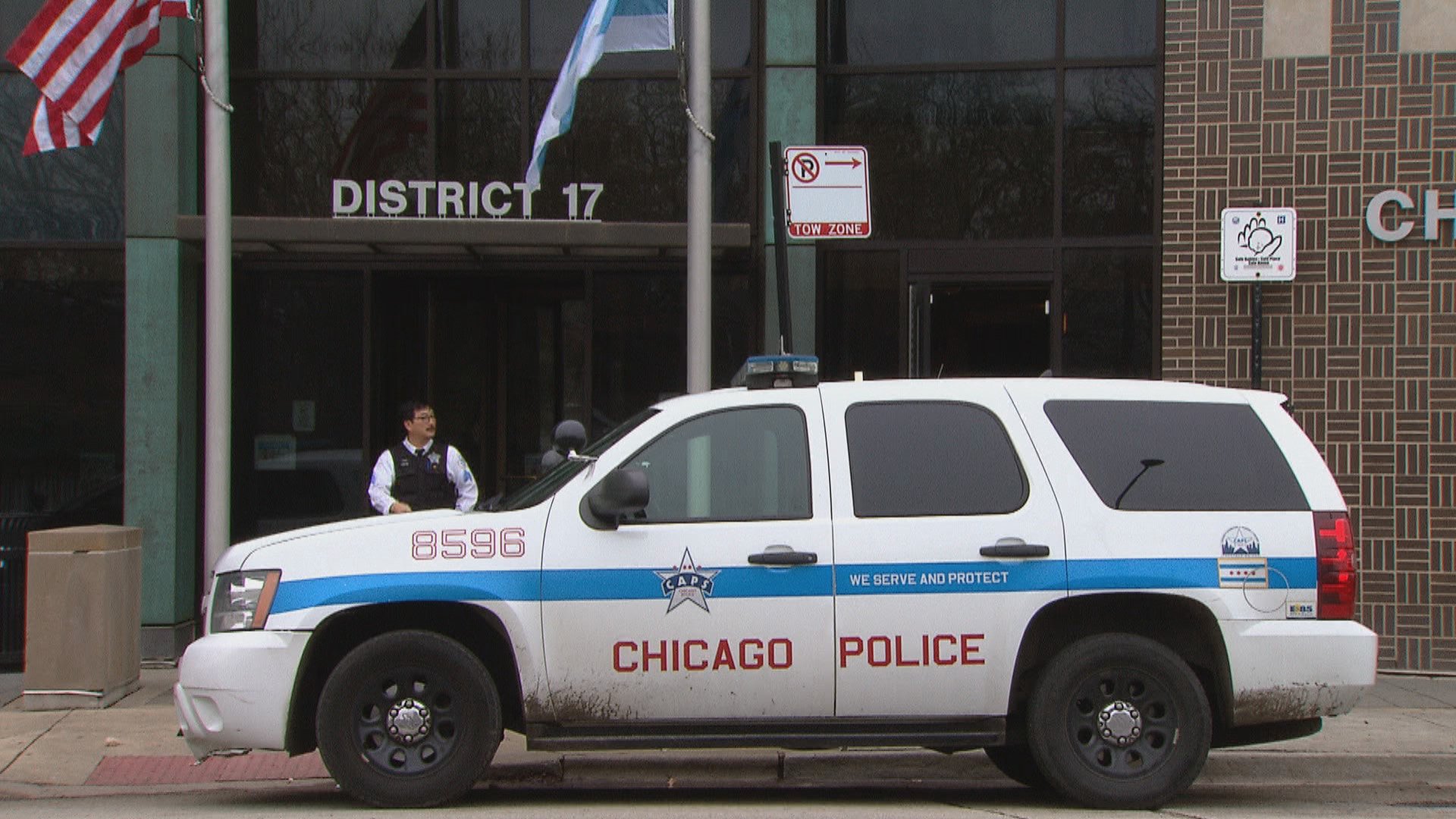
After a mass shooting outside a funeral home in Auburn Gresham last week, Chicago police Superintendent David Brown said the city’s problem with gang violence is huge in scope.
“There are over 117,000 gang members (and) 55 major gangs, along with the 2,500 subset factions who are all both internally in conflict with each other and in conflict with the other, rival gangs,” Brown said. “There’s several hundred gang conflicts every day in Chicago. Every day.”
Thanks to our sponsors:
But researchers and activists say the Chicago Police Department’s numbers don’t tell the full story.
“With a list that has as little transparency as the gang database does, I don’t think that you can accurately say that there’s 117,000 actual gang members,” said Rebecca Raines Cook, criminal justice chair for the Chicago Westside NAACP. “How (have) they verified that all those people on the list are actual gang members? We’ve heard a lot from communities that they say 'they put me on this list, but I’m not affiliated with a gang.’”
In addition to questioning the notion of 117,000 gang members — which is about 4% of Chicago’s population — others say the way police think about gangs needs to change.
“When you look at the 1980s and 1990s, the era of the corporate, hierarchical street gangs in the city of Chicago, today we have a very different scenario with a very fragmented, fractured gang landscape,” said Roberto Aspholm, author of “Views From the Streets: The Transformation of Gangs and Violence on Chicago’s South Side” and an assistant professor of social work at the University of St. Thomas.
“The notion that the neighborhood groups today represent factions of these larger organizations, I don’t think it is really an accurate assessment of what’s going on,” Aspholm said. “These are really independent, neighborhood-based groups that don’t exist in relation to any broader hierarchy or cross-neighborhood formal coalition.”
Earlier this year, the CPD announced it would be revamping its much-criticized gang database, though the updated “Criminal Enterprise Information System” is not yet up and running.
In a statement, the Chicago Police Department said:
“Based on national best practices and developed in response to concerns voiced by community members, activists and the Office of the Inspector General, and with an imperative of making sure we use all constitutional tools to keep our residents safe, the Chicago Police Department’s reformed Criminal Enterprise Information System allows CPD to better prevent, investigate, and solve gang-related crime while also protecting the constitutional rights of citizens. We are committed to further engagement and partnership with the community on this important issue as we roll the new policy out, and going forward, to ensure that both our policing needs and the needs of the community are being met.”
Raines Cook, who hopes to see public hearings on how CPD tracks alleged gang members, said the consequences of ending up in a police database can be serious.
“We’ve heard … from people that said, ‘I was in the car with my grandchild, I had a headlight out, the police pulled me over (and said) your headlight is out, and I heard that you were in so-and-so gang 30 years ago,’” Raines Cook said. “I’ve had other people say, ‘I got pulled over for something, they saw that I was on a gang database, they arrested me for three days, and I lost my job in that time.’ Other people who said, ‘I wasn’t able to get a job because I’m on this database.’”
Aspholm, who was part of a study on gangs and violence from UIC’s Great Cities Institute, says it’s important to remember that many gangs based around neighborhood affiliation and social circles are informal and fluid. And he says that focusing on improving conditions in neighborhoods facing higher rates of violence can’t be solved by policing alone.
“We need to look at the areas of the city where rates of violence are higher, the same areas of the city where rates of violence have been high for decades. Those are the same areas that have suffered from disinvestment from both certainly the public sector as well as the private sector,” Aspholm said. “It seems in the last couple of months in the post-George Floyd moment, so to speak, that there’s been a new kind of energy and a new kind of direction for some of these conversations that I’m hoping can serve as a catalyst for some major changes.”
Thanks to our sponsors:
Thanks to our sponsors:
"need" - Google News
July 28, 2020 at 07:33AM
https://ift.tt/3f6ukDI
Critics Say Chicago Police Need to Rethink Tracking Gang Members, Curbing Violence - WTTW News
"need" - Google News
https://ift.tt/3c23wne
https://ift.tt/2YsHiXz
Bagikan Berita Ini















0 Response to "Critics Say Chicago Police Need to Rethink Tracking Gang Members, Curbing Violence - WTTW News"
Post a Comment